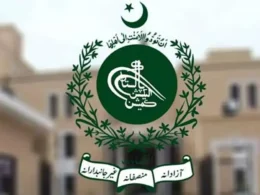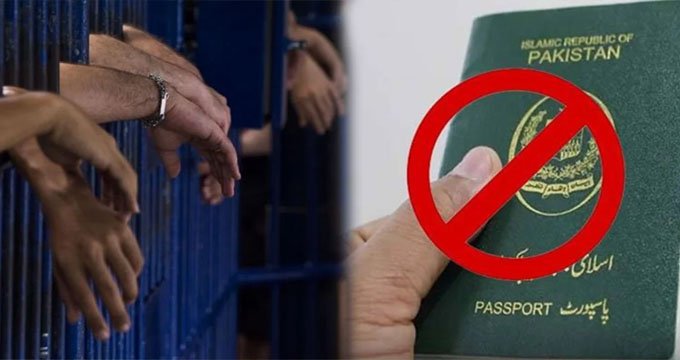The International Monetary Fund (IMF) has commended the Federal Board of Revenue’s (FBR) performance for expanding Pakistan’s tax net. The IMF expresses hope that Pakistan will collect the highest-ever tax in FY2023-24, targeting Rs9.4 trillion. Additionally, the IMF forecasts tax collection of Rs11.5 trillion in the next fiscal year (2024-25), with expectations of Rs4803 billion in direct taxes and Rs4114 billion in sales tax.
-
FBR’s Tax Collection Performance:
-
The FBR’s performance in expanding Pakistan’s tax net receives acknowledgment from the IMF. The international lender expresses optimism about Pakistan achieving record tax collection in FY2023-24, aiming for Rs9.4 trillion. The forecast for the next fiscal year (2024-25) includes expectations of collecting Rs11.5 trillion in total taxes, with a breakdown of Rs4803 billion in direct taxes and Rs4114 billion in sales tax.
-
IMF’s Forecast for Tax Collection:
-
The IMF’s positive outlook for Pakistan’s tax collection aligns with its expectations of sustained economic stability. The forecasted figures for direct taxes and sales tax indicate the IMF’s confidence in Pakistan’s fiscal trajectory and the effectiveness of tax policies.
-
Caretaker Government’s Economic Stability Policies:
-
The IMF commends the caretaker government, led by Kakar, for its policies aimed at ensuring economic stability. The caretaker setup is recognized for implementing decisive measures that contribute to maintaining economic stability in Pakistan.
-
Interim Government’s Duration Until General Elections:
-
The interim government, under Kakar’s leadership, is set to remain in power until the general elections scheduled for February 8. The IMF acknowledges the caretaker government’s role in steering economic policies during this transitional period.
These developments reflect international recognition of Pakistan’s efforts in economic management, particularly in the realm of tax collection and broader economic stability. The IMF’s positive assessments and forecasts signal confidence in Pakistan’s economic trajectory under the current caretaker administration.










